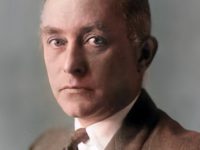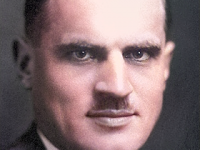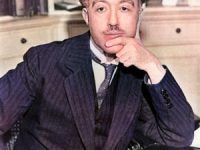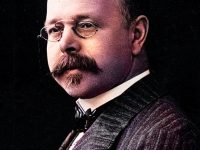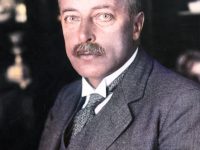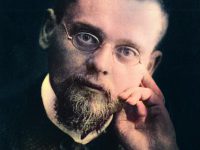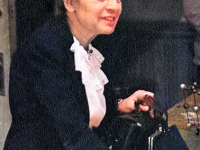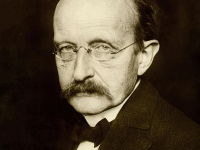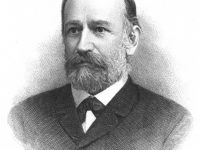Max Born and the statistical interpretation of the Wave Function
On December 11, 1882, German physicist, mathematician, and Nobel Laureate Max Born was born, who was instrumental in the development of quantum mechanics. He also made contributions to solid-state physics and optics and supervised the work of a number of notable physicists in the 1920s and 1930s. “Can we call something with which the concepts of position and motion cannot be associated in the usual way, a thing, or a particle? And if…
Read more

